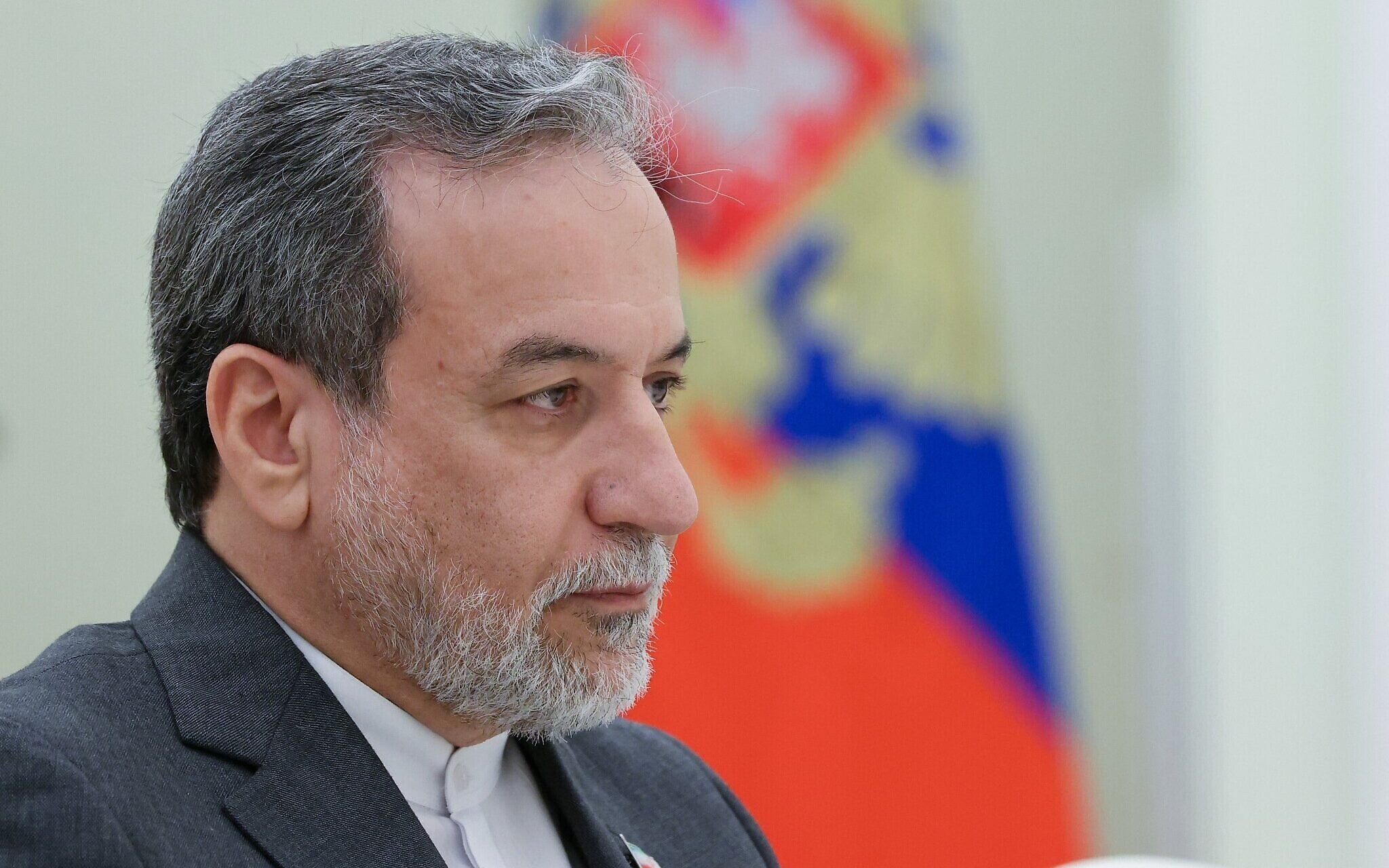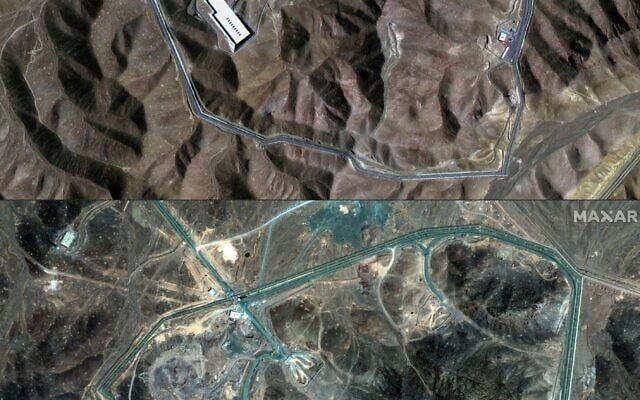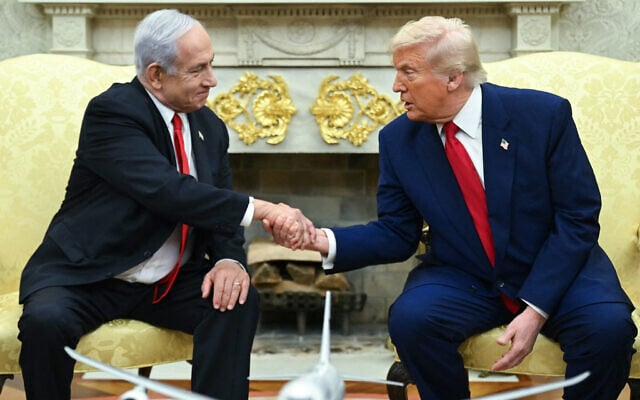



Iranian Foreign Minister Abbas Araghchi has said it will take time and assurances from the US before Tehran is ready to re-engage in talks on its nuclear program, insisting that the country will soon be ready to start enriching uranium again and “make up for lost time.”
“I don’t think negotiations will restart as quickly as that,” Araghchi was quoted as telling CBS News, though he added that diplomacy was not off the table.
“In order for us to decide to reengage, we will have to first ensure that America will not revert back to targeting us in a military attack during the negotiations,” Araghchi added. “And I think with all these considerations, we still need more time.”
Speaking to a US outlet for the first time since a ceasefire with Israel halted 12 days of war as Jerusalem aimed to dismantle Iran’s nuclear program, Araghchi claimed that the campaign, which included the destruction of centrifuge facilities and assassination of nuclear scientists, did not achieve its goal.
“One cannot obliterate the technology and science for enrichment through bombings,” Araghchi said. “If there is this will on our part, and the will exists in order to once again make progress in this industry, we will be able to expeditiously repair the damages and make up for the lost time.”
He appeared to indicate that the military conflict had only hardened Iran’s resolve to continue enriching uranium.
Iran’s “peaceful nuclear program has turned into a matter of national pride and glory,” he said. “We have also gone through 12 days of imposed war, therefore, people will not easily back down from enrichment.”
The US and Israel said the strikes were meant to prevent Iran from attaining nuclear weapons and to radically degrade its ballistic missile capabilities. Iran claims its nuclear program is solely geared toward civilian use, but it has enriched uranium to 60 percent purity, above levels needed for civilian usage and a short step from the level needed for weapons production.
Jerusalem says it holds intelligence information indicating that Tehran was taking active steps to build a bomb. It has also warned that it could take further military steps if it sees Iran attempting to rebuild its nuclear and missile programs.
The Iranian foreign minister said Tehran was prepared to defend itself if attacked again.
“We showed and proved during this 12-day imposed war that we have the ability to defend ourselves, and we will continue to do so should any aggression be launched against us,” he said.
US President Donald Trump said Monday he was not offering Iran anything nor engaging in talks since the country’s nuclear facilities were “totally obliterated.”
However, US special envoy to the Mideast Steve Witkoff has continued direct and indirect communications with Iranian officials, White House press secretary Karoline Leavitt said, when asked for an update on an ostensible meeting between the sides that Trump said would take place this week.
Trump made that prediction last week, though he told reporters at the NATO summit in The Hague that he wasn’t particularly interested in restarting negotiations with Iran, insisting that US strikes had destroyed its nuclear program.
Iran said at the time it would consider negotiations, though an Iranian official questioned whether the United States could be trusted after its attack on Iranian nuclear sites.
A US official said that Gaza and Iran will be the top issues on the agenda when Prime Minister Benjamin Netanyahu visits the White House, in a meeting scheduled for July 7.
The official said Trump is seeking to use the meeting as an opportunity to tout military achievements in the war against Iran.
During the war, the US attacked three Iranian nuclear sites in support of Israel, including dropping massive ground-penetrating bombs on the hardened underground Fordo site.
While Trump has claimed Iran’s uranium enrichment program was completely destroyed, the actual damage caused is still unclear, and Iran has asserted that it can easily recover from it. CIA Director John Ratcliffe told US lawmakers that the intelligence community assessed the vast majority of Iran’s amassed enriched uranium likely remains buried under the rubble at Isfahan and Fordo.
Foreign ministers from the Group of Seven nations said they support the ceasefire between Israel and Iran and urged a resumption of negotiations on a deal to address Iran’s nuclear program, according to a joint statement Monday by the G7 countries.
Israel’s Strategic Affairs Minister Ron Dermer is already in Washington for talks with senior administration officials on a Gaza ceasefire, Iran, and other matters.
Under a 2015 deal, Iran was allowed to enrich uranium below 3.67 percent purity for fuel used in commercial nuclear power plants.
Trump abandoned the agreement in 2018, and Iran responded by producing hundreds of kilograms of uranium enriched to 60 percent — above levels for civilian usage and a short step from weapons grade.
That material, if further refined, would be sufficient to produce more than nine nuclear bombs.
Israel said its sweeping assault on Iran’s top military leaders, nuclear scientists, uranium enrichment sites, and ballistic missile program, begun on June 13, was necessary to prevent the Islamic Republic from realizing its avowed plan to destroy the Jewish state.
Iran retaliated to Israel’s strikes by launching over 500 ballistic missiles and around 1,100 drones at Israel. The attacks killed 28 people and wounded over 3,000 in Israel, according to health officials and hospitals.



